Google Earth Tour of Reefs at Risk, Video
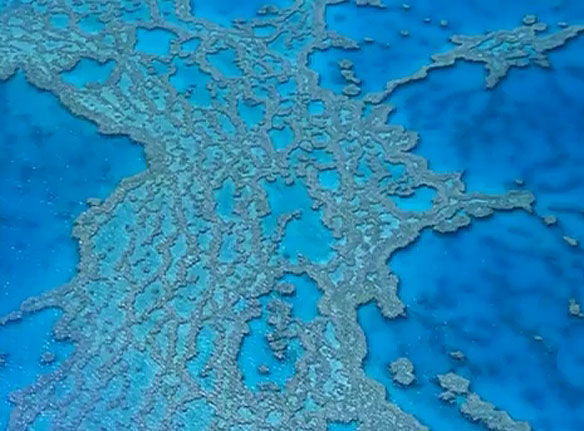
The Reefs at Risk project raises awareness of threats to coral reefs around the world, and provides information and tools to manage coastal habitats more effectively.
Coral Links Ice Sheet Collapse to Ancient ‘Mega Flood’
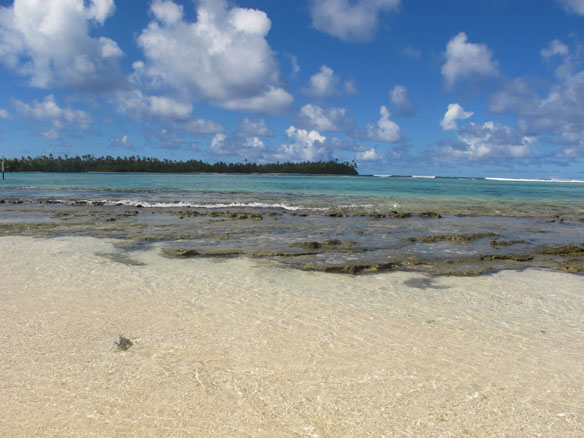
Coral off Tahiti has linked the collapse of massive ice sheets 14,600 years ago to a dramatic and rapid rise in global sea-levels of around 14 meters.
Rising Ocean Temperatures and Protected Coral Reefs
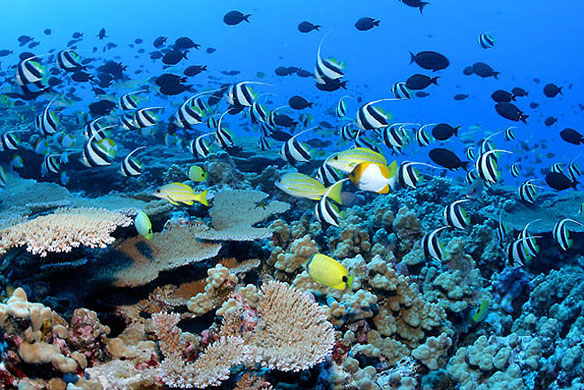
Special conservation zones known as marine protected areas provide many direct benefits to fisheries and coral reefs. However, such zones appear to offer limited help to corals in their battle against global warming, according to a new study.
Some Relief for the Reef
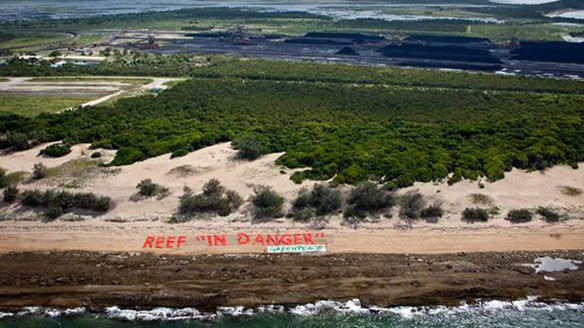
United Nations experts will be presented with a petition that has more than 100,000 signatures on it, calling for an end to dredging and development near the Great Barrier Reef off Queensland.
UN Team Examines Mining Threat to Great Barrier of Reef
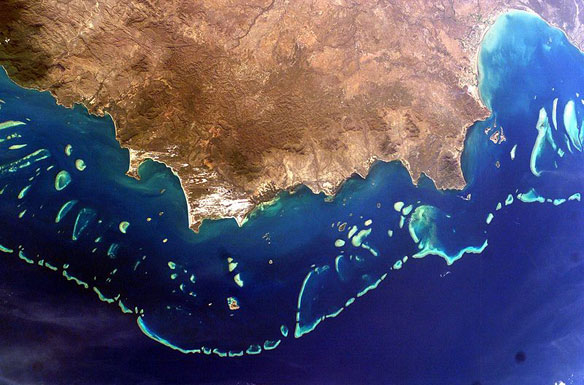
A UN team has arrived in Australia to investigate possible damage to the Great Barrier Reef by the mining industry.
Australian Government’s Great Barrier Reef Plans’ Questioned
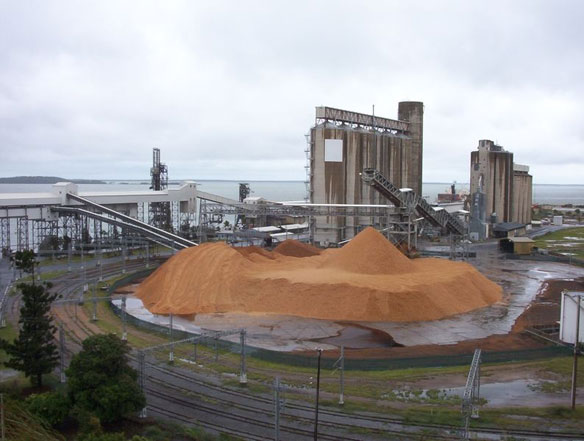
A monitoring mission from the UN educational and cultural arm, UNESCO, will visit Queensland next month to examine concerns about major port developments and other potential threats to the World Heritage listed reef, as WWF challenged the Australian Government’s view that the Great Barrier Reef is being sustainably managed, citing publications showing that coral had declined by up to 50 per cent.
Staghorn Coral Transplanted to Threatened Reef
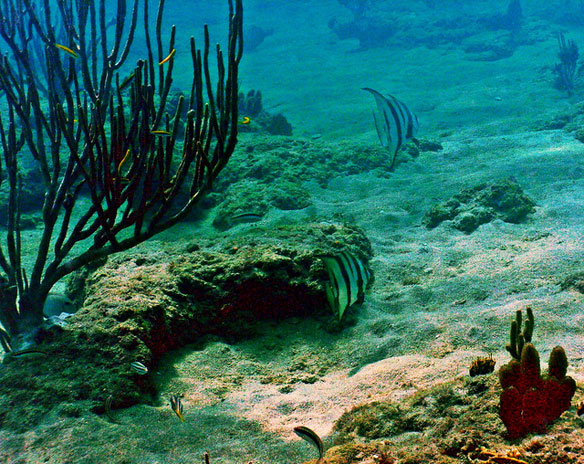
In a delicate operation at sea, healthy staghorn coral were transplanted to a threatened reef off the Broward County coast, Florida, by researchers at Nova Southeastern University’s Oceanographic Center and its internal National Coral Reef Institute (NCRI).
Pyramids Planted to Revive Philippine Corals
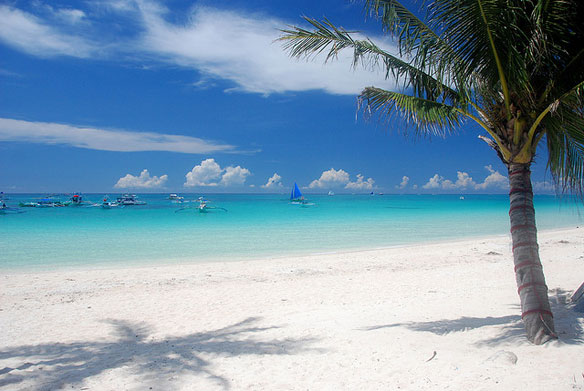
Thousands of small “pyramids” are being planted off the Philippines’ famous Boracay’s coast in an effort to bring its nearly destroyed coral reefs back to life, an environment group said Thursday.
Detecting Detrimental Change in Coral Reefs
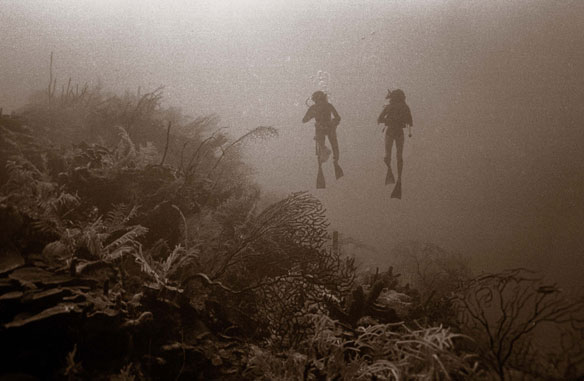
Over dinner on R.V. Calypso while anchored on the lee side of Glover’s Reef in Belize, Jacques Cousteau told Phil Dustan that he suspected humans were having a negative impact on coral reefs. Dustan, a young ocean ecologist who had worked in the lush coral reefs of the Caribbean and Sinai Peninsula, found this difficult to believe. It was December 1974… and Cousteau was right.
